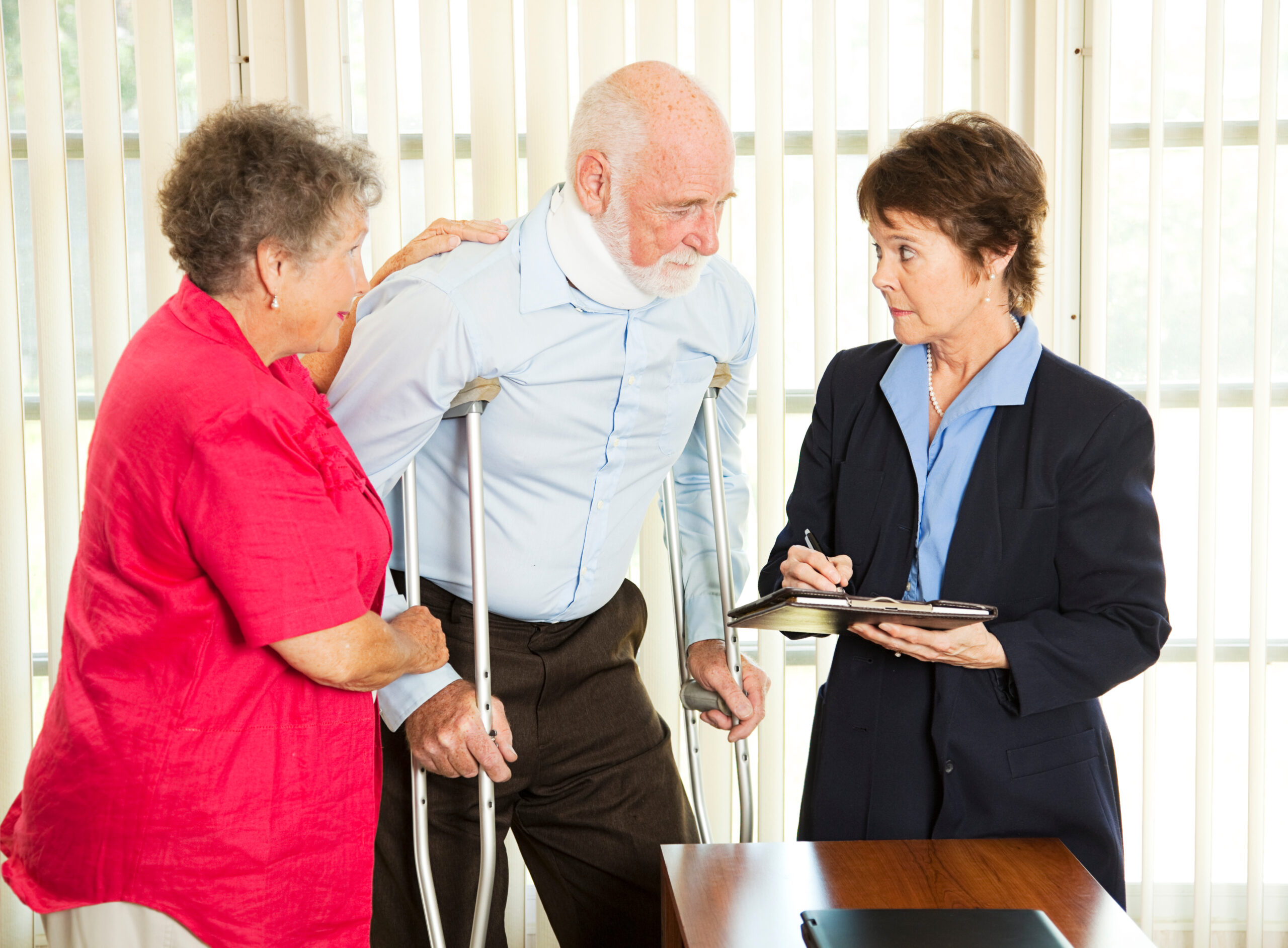Now Reading: How To Navigate The First 24 Hours After A Personal Injury
-
01
How To Navigate The First 24 Hours After A Personal Injury

How To Navigate The First 24 Hours After A Personal Injury
Navigating the first 24 hours after sustaining a personal injury is a critical period that can affect your physical recovery and the potential outcome of any legal action you may take. In the immediate aftermath of an injury, it’s essential to take the right steps to ensure your health, safety, and legal rights are protected.
This guide provides a comprehensive overview of the crucial actions you should undertake within the first day of experiencing a personal injury.
- Follow The Immediate Steps Post-Injury
The moments following an injury are often filled with confusion and stress. It’s paramount to stay calm and proceed with a clear head. The initial step is always to assess the situation for immediate dangers and seek prompt medical care. If the injury resulted from an accident, such as a slip and fall or an auto collision, the scene may still present hazards. Move away from danger and call for emergency services.
Once out of harm’s way, documentation starts at the scene. If possible, take pictures or videos of the area where the injury occurred and pay close attention to any conditions that might have contributed to the event, such as icy pavements, broken stairs, or malfunctioning equipment. These images could serve as critical evidence if a claim for personal injury is filed.
- Seek Medical Attention
After ensuring your immediate safety, the next crucial step is to seek professional medical attention, even if the injuries appear minor. Some injuries, like whiplash or internal bleeding, may not show symptoms immediately but can have severe consequences if left untreated. A healthcare professional can provide a thorough examination and document your injuries, which is essential when filing an insurance claim or a lawsuit.
Moreover, it’s important to follow through with all of the prescribed treatments and attend any follow-up appointments. Failure to do so could hinder recovery and affect the credibility of your personal injury claim.
- Consult With Legal Representation
Once the initial medical and reporting steps have been handled, it may be beneficial to consult a legal professional such as an Atlanta personal injury lawyer or wherever you may be. Legal guidance early on can help protect your rights and ensure you take the correct steps toward fair compensation. They can help you understand the complexities of your case, including how to communicate with the insurance company and the other parties involved.
Additionally, a personal injury lawyer can also advise on the statutes of limitations. These are the deadlines for filing a lawsuit. In some states, the statute of limitations for personal injury cases is typically two years from the accident date, though exceptions may shorten or extend this period. Understanding these nuances is essential, as failing to take action within the legal time frame could result in losing the right to seek compensation.
- Document And Report The Injury
After addressing immediate medical needs, the next step is to report the accident. If it occurred at a place of business or someone else’s property, it’s advisable to file an incident report with the management or owner. For vehicle accidents, this means filing a police report. Obtain a copy of these reports as they can provide an official record of the incident.
Maintaining detailed records from the very beginning is paramount. Keep a file of all documentation related to the injury, including medical records, reports, correspondence with insurance companies, and any other relevant information. Receipts for any expenses incurred due to the injury, like medical bills or property repairs, should also be included.
- Contact Your Insurance Company
Contacting your insurance company to report the injury is a crucial part of the documentation process. It’s advisable to do this as soon as possible, as many insurers have strict time limits for reporting accidents. Be factual about the events and your injuries but refrain from speculating about fault or responsibility during these initial conversations. It’s also important not to agree to any settlements or sign documents without proper legal advice.
- Reflect And Consider Your Mental Health
While taking these steps, it’s also critical to not overlook the psychological toll an injury can take. As you navigate this process, pay attention to your mental health. The first 24 hours can be particularly overwhelming, and it’s essential to address the psychological impact. If feelings of distress, anxiety, or depression emerge, seek the support of a mental health professional. Remember, your emotional and psychological well-being is just as crucial as physical recovery.
- Avoid Public Statements And Social Media
In today’s connected world, the urge to share experiences on social media is strong. However, it’s critical to avoid making public statements, including posts on social media, about the injury or accident. Insurance companies and opposing legal teams can and will use such statements against you in a personal injury claim. When discussing the incident, it should be limited to conversations with your legal counsel and with law enforcement officials to avoid jeopardizing your injury claim.
- Rest And Recover
As you address your mental well-being, remember that physical rest is equally indispensable. Proper rest forms the foundation of the healing process, preparing you for the journey ahead. Hence, it’s vital to ensure you get ample rest in the first 24 hours and the days following for recovery. The body needs energy to heal because the stress of an accident can takes a toll on your immune system. Allow time to rest so you’ll be better positioned to deal with the legal and administrative tasks ahead.
- Prepare For The Road Ahead
After a personal injury, the road to recovery can be long and fraught with challenges. Beyond the first 24 hours, it’s important to continue following medical advice, attending appointments, and keeping records of all related expenses and treatments. Ensure open and honest communication with your lawyer and keep them informed of any changes in your condition or additional information about the accident.
As you move forward, your legal team will work with you to determine the appropriate course of action. Whether negotiating a settlement with an insurance company or preparing for a court case, having experienced legal representation is invaluable. Your legal team can manage the complexities of the legal process, allowing you to focus on your recovery.
Conclusion
The decisive actions you take during the first 24 hours post-injury lay the groundwork for both your physical recuperation and legal pursuits. By adhering to the steps outlined, you’ll not only prioritize your well-being but also safeguard your legal rights and interests for the future.










